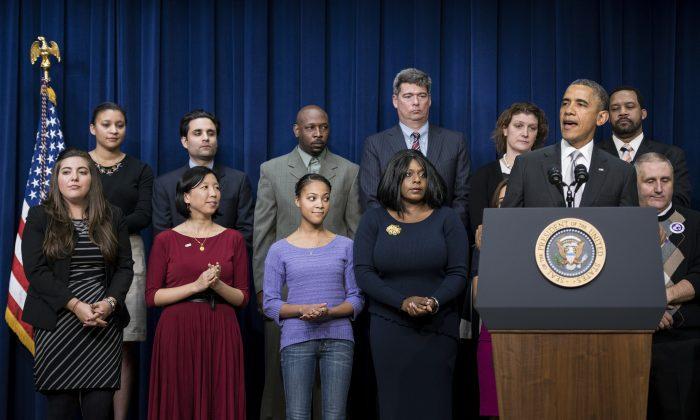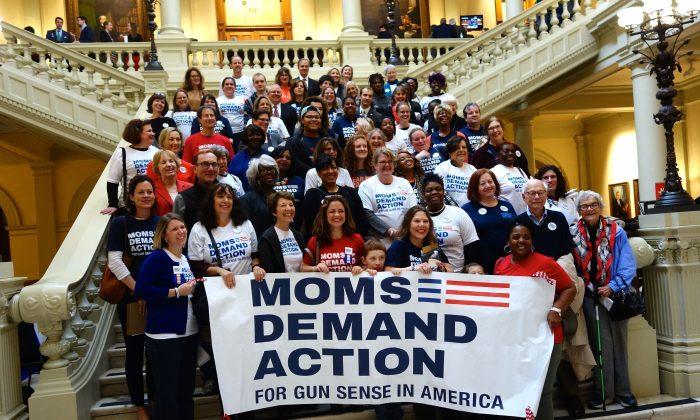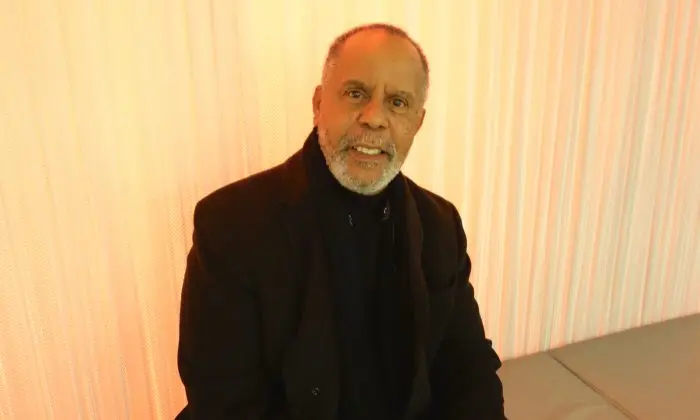It’s easy to forget that the Affordable Care Act doesn’t actually fully start until Jan. 1. This year has been all about the government’s website fumble and the technical problems that led to abysmal sign-ups in the first month of open enrollment.
But it’s really too early to measure the health care law’s success or failure, according to the nonpartisan Kaiser Family Foundation (KFF).
Politics aside, the public’s verdict on health reform in 2014 will depend on whether people get good insurance coverage that they can afford.
“Maybe it’s asking too much to expect the pundits and partisans on both sides to resist turning this into a ballgame scorecard, with a simple measure of whether Obamacare wins or loses in its first year,” wrote Dr. Drew Altman, president and CEO of KFF.
‘Numbers-Obsessed’
Certain numbers took on a life of their own, yet they are not relevant to the law’s effectiveness, according to Joanne Kenan, health care editor at Politico. The Congressional Budget Office used a figure of 7 million enrollments to calculate how much money would be needed for premium subsidies. Journalists and politicians began to use the figure as a benchmark, but it was never meant to be that, she said.
“We get numbers-obsessed,” concurred Al Tompkins, senior faculty with Poynter News University.
Making It Work
Kenan said quality of enrollees means more than quantity of enrollments. “If I were a health insurer I would rather have two or three million young healthy people versus 15 million old, sick people that will cost me a fortune.”
Online enrollment is generally more attractive to the young than in person or telephone enrollment. Thus, a big, but short-term question, is whether the botched website blocked younger people from buying insurance.
Medicaid Wildcard
The Supreme Court decision that expanding Medicaid should be optional for states is a wildcard in ACA implementation. In red states that refused the expansion, some lower-income people are left with nothing—no premium tax credits or subsidies, and no eligibility for Medicaid.
That hurts hospitals, which are legally required to stabilize acutely ill people, and not required to provide preventive care or ongoing maintenance. As a result, people with no insurance get sicker and visit emergency rooms more often, then in many cases stick the hospital with a big, uncollectible bill.
“Those hospitals are having fits,” said Kenan. “They are still providing coverage, but not getting reimbursed.” Governors who refused to expand Medicaid may change their minds as that reality plays out.






Friends Read Free